Businesses may enhance their cash flow by using invoice finance, but how much does invoice finance cost? While more companies are turning to invoice finance to unlock the value of their unpaid bills in order to boost working capital, it isn’t free. To begin, if you are unfamiliar with invoice finance, it is a type of company loan in which you are given cash in advance depending on the number of your outstanding bills. A debtor financing firm will examine a company’s debtor ledger and perform due diligence to guarantee that the company can pay its bills. The financing firm will advance a proportion of the total value of the bills, generally 80%, to the small business in need of capital once the invoices have been approved. However, businesses also have the option to outsource invoice processing to streamline the management of their accounts receivable and improve efficiency.
Discount fee or interest fee
The finance business will impose a discount fee, interest fee, or factoring fee while the invoices are outstanding. This is one of the most significant invoice financing expenses. For accounts receivable finance, a common discount rate (interest rate) is 10% per year. This fee will be determined by a variety of criteria, including the borrowers’ creditworthiness.
Service fee
This is in addition to the interest that is imposed on the invoices’ total monetary amount. The typical rate is between 1% and 3%. Regardless of how long consumers wait to pay their invoices, this cost will remain the same. For instance, if the total bills are $100,000 and the service cost is 2%, the fee will be $2,000.
Due diligence fee
This is the fee charged by the invoice finance firm for evaluating the invoices that will be loaned against them. It’s a one-time cost based on how long the lender estimates due diligence will take. Before advancing money based on invoices, these organizations seek to identify the types of businesses and their financial situations. They may reject bills that appear to be excessively hazardous.
Advance rate
This is the proportion of the total invoice amount that you will be paid in advance. It’s usually about 80%. If the entire invoice value is $100,000, for example, the funder will advance $80,000. After the consumers have paid their bills, the remaining amount, less interest and fees, will be remitted to the business.
Adding up the cost of invoice financing
Here’s an illustration of how much invoice financing could cost. Let’s assume a company wishes to get cash sooner rather than later and has a £100,000 overdue invoice. With an advance rate of 80%, the company will get £80,000 upfront. A service fee of 2%, or £2,000, is charged by the loan firm. The annual interest rate (discount rate) is ten percent. The interest cost will be (£80,000 x 10% ) x (30/365 days) + (£40,000 x 10%) x (30/365 days) = £987 if half of the bills are paid in 30 days and the balance in 60 days. In addition, let’s assume the due diligence charge for that batch of bills is £500, and we’ll include it in. The total cost of invoice financing is therefore £2,000 + £987 + £500, or £3,487. Over two months, that’s a 4.4 percent gain (£3,487/£80,000). The interest rate is 26.4 percent on an annualized basis. When all expenditures are included, this is more than twice the amount of the ten percent interest rate.
In addition to this, hidden invoice financing expenses may include:
- An initial set-up fee; annual management fees
- Bad debt insurance protection
- An early exit price
- A minimum use/non-utilization fee
- A quarterly audit charge.
When all of the hidden costs are added together, the invoice finance cost might be substantially higher.
Invoice Finance Cost
Because invoice finance in the UK is still unregulated, you must be cautious to comprehend all of the expenses, fees, and charges imposed by the providers, and to prevent any hidden fees. The following are the standard invoicing charges:
- Service Charge This all-encompassing phrase refers to the costs of management, collections, and administration, and is calculated as a proportion of your company’s overall revenue. Rates typically range from 0.75 to 2.5 percent.
- Discount Charge The discount charge or fee is charged on the money you withdraw, similar to the interest payments on a company loan. The discount charge, which will range between 1% and 3% above the base rate, will be computed daily after the money is advanced. If your consumer waits longer to pay, you will be charged extra. Depending on the lender’s wishes, discount costs are paid weekly or monthly.
At Funding Bay we can put you in contact with the many invoice finance lenders we have on our roster including Ultimate Finance, Close Brothers, Novuna and Lloyds to name a few.
Whether you’re seeking to enhance cash flow, manage working capital, or outsource invoice processing, contact Funding Bay for a consultation tailored to your needs.



